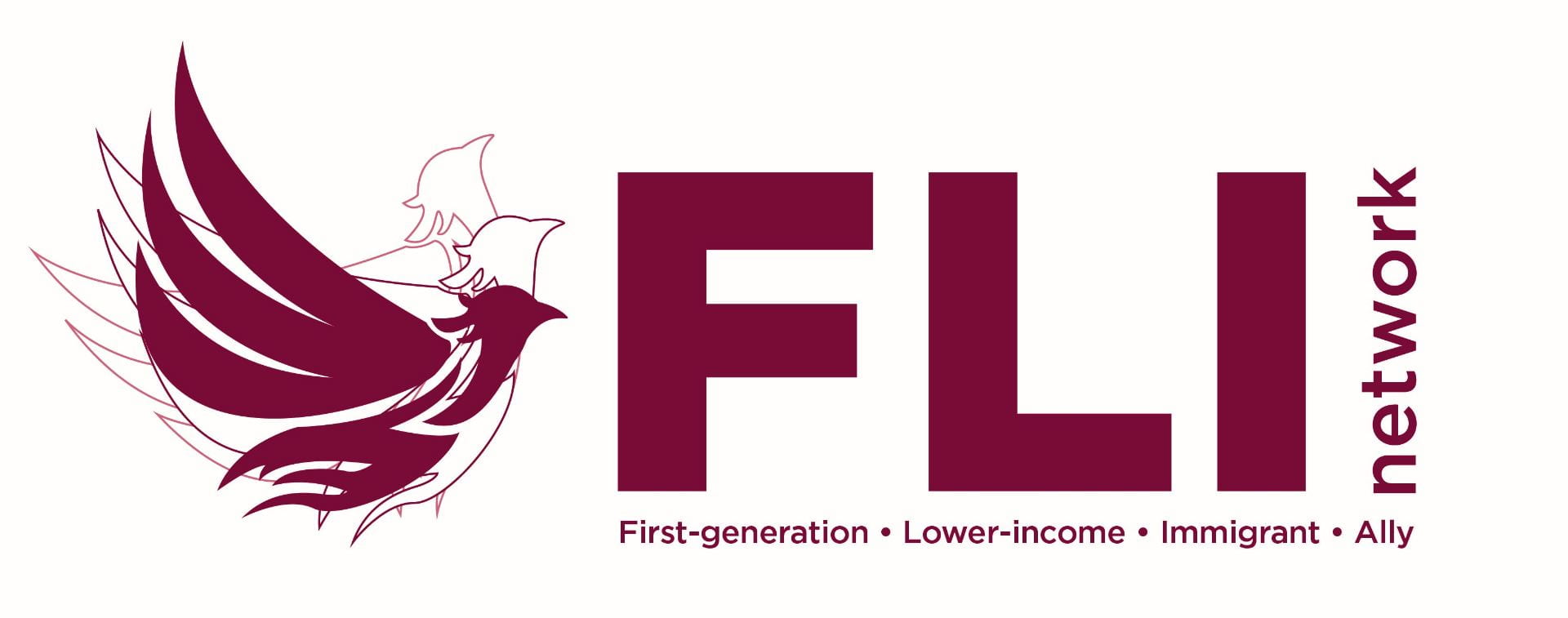
Professor Brodwyn Fisher is the Director of the Center for Latin American Studies at the University of Chicago
Professor Brodwyn Fisher, Director of the Center for Latin American Studies at the University of Chicago, ventured into academia with a cynicism of its elitist culture. Reflecting on her journey as a first-generation and lower-income student, she shares her story of leveraging personal experiences into professional strengths.
Following are the highlights of our conversation:
Q. How did your affiliation with the First-generation, Lower-Income and Immigrant (FLI) community influence your choice of profession?
A. I grew up in a poor, White family in the Pacific Northwest but devoted my career to studying and teaching about Brazil and Latin America. Yet, my childhood influenced my work in many ways; I was 13 years old, working as a fruit picker in Eugene, Oregon, when I first met someone from Latin America. Three years later, I got the opportunity to attend college at a time when Central and Latin America were in the news due to the wars in the 1980s and 1990s. I was always interested in issues of social justice because of my socio-economic background; my family got evicted a lot and we did not have bank accounts or credit cards. Around that time, I also realized my love for history and chose to focus my research on issues of poverty and inequality in Latin America.
However, in college I found myself reading books that portrayed poverty the way middle class-US Americans imagined it. This conception was different from my experience as a child of a single parent with unstable employment and from evidence coming out of countries like Mexico or Brazil. Reflecting on my childhood, I realized that I wanted to document the “informal sector,” which is highly correlated with poverty and involves the kind of work and housing that is outside of the realm of state protection and regulation. Informality is not the same as illegality; it simply involves people trying to make their basic lives better one generation after another without any help from government. Despite its importance, informality was never something that historians had thought about seriously. I knew to ask original questions about informality because I grew up living a similar reality and that became my strength.
Q. As a student, what did you look for in a mentor?
A. Mentorship has been extremely instrumental in my career, but I have never been mentored by someone who grew up like me. As a student, I only had two female professors and neither of them were in my field; I never had a professor or mentor who had grown up poor. I also lacked peer mentors who shared my experiences. I was expected to fit in because I was White. But I did not know the norms of middle-class White culture. There were no formal mentoring structures that allowed people to come together and think through the experience of poverty as something that people across racial or ethnic divides had in common.
Certainly, you can find mentors who do not share your experiences. I was fortunate to find individuals who valued me. One of my mentors was someone who grew up in Oklahoma, came from a more stable socio-economic background than me, but understood what it felt to be a fish out of water. You can find bits and pieces of affiliation and looking for mentorship in places where you do not expect it can be beneficial.
Q. What advice would you give to your 20-year-old self?
A. It is important to give a lot of thought to what you want in life. People come from different cultures and we may define success differently. Is success getting a degree, making money, or staying true to your roots? When people come from a family with college-educated members, there is a lot more agreement about what success is supposed to look like. For many members of the FLI community, success may look different. Even if you are doing just as well as your peers, you may have more family responsibilities. Certainly, instead of getting help from your support system, you may have to help them.
Also, give yourself a break. Sometimes, FLI students struggle with anxiety because they cannot decide how they should stay true to their background and upbringing, how much they owe their family, or how free they are to chart their own path. It might seem like a luxury, but you need to give yourself room to think about who you are and what you want to do. It is really important to create your space, otherwise you can easily wear yourself out. You need more purpose in life than living up to other people’s expectations of you.
Q. What has been your proudest moment?
A. I am proud that my partner and I have built a stable household for our children; they have more choices than I did, and are more secure knowing that someone will be able to catch them if they fall.
I am also proud that I try – in my family and in my classroom – to transmit some of the ideas that formed me. I grew up in a family where intelligence was not measured by institutional approval or wealth. There was a strong sense that smartness was not a function of the social world you lived in, and that there was something wrong if you believed that formal education or money – alone — made you special. We thought that we were stronger because managed to read, think and engage the world even when we did not have a lot of help. Universities are in the business of formal education, but I think we do our work better when we recognize the difference between value and privilege.
